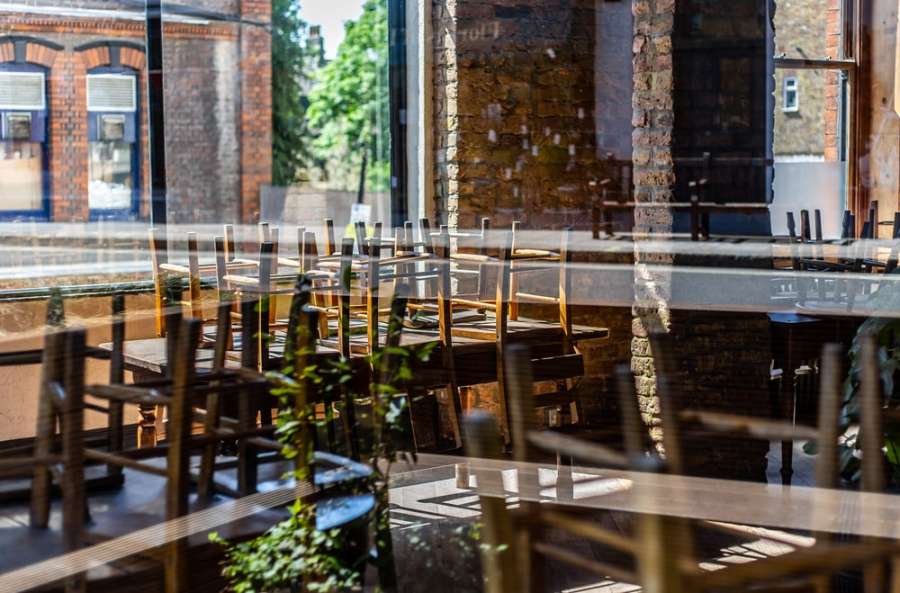The hospitality and leisure industry has regularly hit the headlines recently as the number of businesses closing due to unaffordable energy bills has increased dramatically. Many more businesses are now facing the threat of insolvency as a result, with the Insolvency Service reporting a 59% increase in company insolvencies in the sector since last year, mostly in the form of creditors’ voluntary liquidations.
Cost-of-living crisis
As the cost-of-living crisis worsens, that figure is only likely to increase further. There was a 37% increase from July to August 2022 alone, and sector-specific advisors have commented that the rate of the rise is particularly concerning. Reportedly, 3 out of 4 night-time economy businesses are close to insolvency, and over 150 licensed premises are closing weekly. As a result, there are now almost 10% fewer licensed premises than in March 2020 at the outbreak of the Coronavirus pandemic.
The threat of closure is particularly prevalent amongst independent operators who are much more at risk of insolvency than larger managed hospitality groups. The number of managed sites has increased by 0.9% in the past three months. However, the number of independent operators has decreased by 2.6% (that’s over 1,750 sites) in the same period. This is largely due to managed groups having better resources and buying power than smaller businesses, which are much more fragile and susceptible to market fluctuations. The larger groups are also better positioned to absorb any issues with cash flow or temporary declines in trading than independent operators, who often survive month to month.

Closure of hospitality and leisure businesses
In addition, location seems to have played a large part in the survival (or failure) of hospitality businesses. Businesses in high streets, suburban and rural areas have declined between June and September this year and businesses in Scotland saw the highest rate of closures, compared to the lowest rate, which was in the South and South East of England.
Many local businesses have expressed concern as the winter months approach. Greater Manchester night-time economy advisor Sacha Lord has called on the Government to do more to help the hospitality sector long term after former Prime Minister Liz Truss recently announced a six-month support package to cap energy prices (albeit with the new Government in place there will be concerns over the level of support going forwards).
Whilst the package has been welcomed by the industry, it has come too late for some businesses. Some Manchester bars and restaurants have already taken measures such as reducing opening hours, but the hospitality industry is particularly affected because it is being hit from both sides - from their own increasing energy bills and rising running costs and also from customers spending less on going out. There has been a marked decline in footfall as consumers try to combat the cost of living by staying in and enjoying the “insperience” instead of going out.
Decline in restaurant spending
Barclaycard recently reported a decline of 12.2% in restaurant spending in September. Research has also shown that any growth in sales has been wiped out by inflation.
A growing number of hotels (many of which have restaurants attached to them) have also faced the threat of insolvency. A well-known hotel in the North-East (the Sea Hotel in South Shields) recently went up for sale for £1.65m after its owners, a property development group, went into administration last year. The hotel was reported to have £2m of debt, and it has since come to light that the hotel had, in fact, been incurring losses for the past couple of years despite the owners’ best efforts to restructure the business to capitalise on more profitable seasonal trading periods such as over the summer months and at Christmas.
It is clear that everyone is feeling the squeeze with the cost of living at the moment. However, some businesses are reacting differently to others. Some have completely revised their business model in order to survive, while others have had no other option but to close.

Support for the hospitality and leisure industry
It is hoped that further support will be provided in the near future to ensure the long-term viability of as many businesses in the hospitality and leisure sector as possible. Many hopes were pinned on the Government announcing ongoing and targeted support to the most vulnerable businesses in the sector, but with the uncertainty around levels of support going forwards, given the fiscal challenges faced by the Government, nothing can be taken for granted. In the meantime, businesses (small businesses in particular) must keep a close eye on their cash flow and make forecasts for the coming months to give themselves the best chance of surviving the tough times ahead.
In particular, they should keep in regular contact with their creditors and try to agree on a way forward that both sides are happy with. There are steps that can be taken to try to avoid insolvency, including agreeing on new payment terms if the business is likely to default on payments, restructuring existing loans or renegotiating lease terms with landlords. If your business is facing financial difficulty, it is important to take professional advice early to explore the available options.
Contact Our Hospitality and Leisure Solicitors
If you have any more questions or would like more information regarding insolvency within the hospitality and leisure sector, you can get in touch with our hospitality and leisure Solicitors below.
